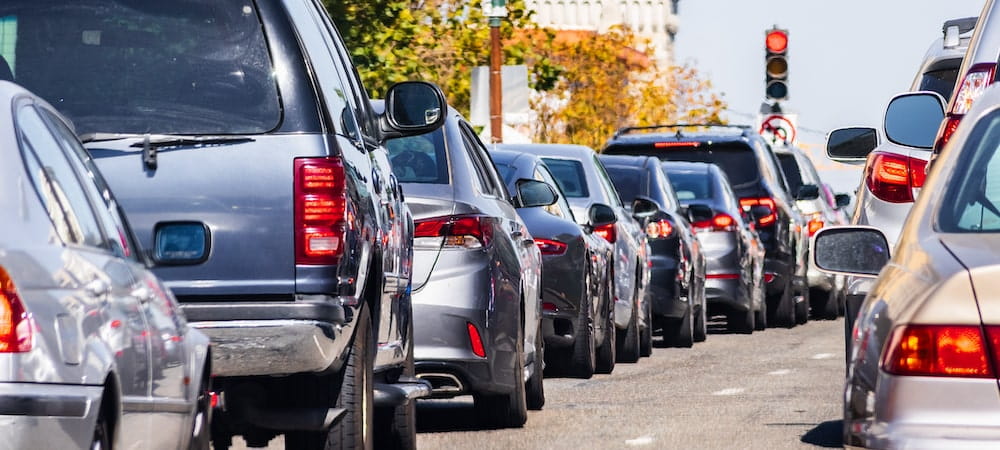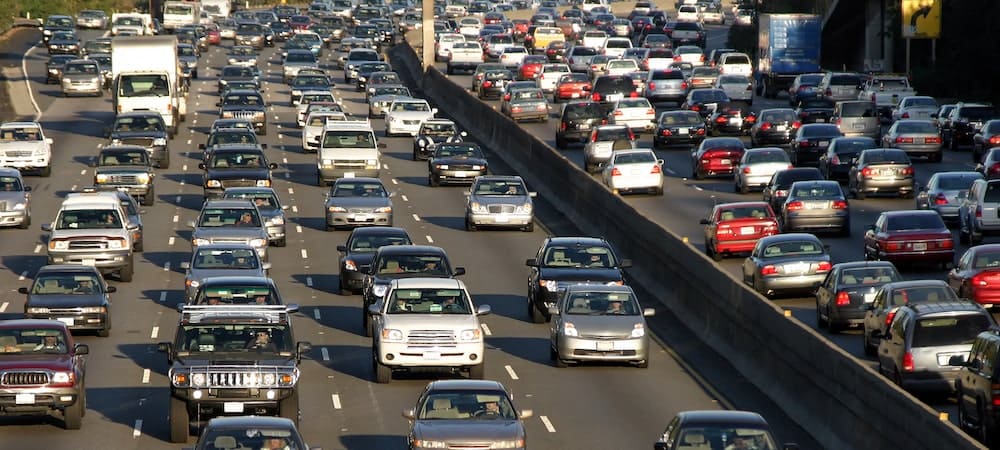Have you ever received a ticket for parking near the Magnificent Mile or Navy Pier and wondered about the consequences of not paying it?
You may have to face the following consequences depending on your situation:
- Financial penalties
- Vehicle immobilization and impoundment
- Revocation of driving privileges
- A lawsuit
These consequences can lead to a significant financial burden and damage to your credit score.
Keep reading if you parked illegally in Chicago and received a ticket. You will learn what happens if you don’t pay a parking ticket and how to navigate the legal system to minimize its impact on your finances.

Consequences of Not Paying a Parking Ticket in Chicago
- The law requires you to pay a parking ticket within 25 days; otherwise, the original fee doubles. The 25 days count from the day the ticket was issued or from the decision if you contested it.
Additionally, you have 35 days to challenge the administrative judge’s decision and file an appeal in the Circuit Court of Cook County. You can find a list of parking violation fines on the City of Chicago’s official website.
- Unpaid parking ticket debt can affect your credit score if it exceeds $100 and the city of Chicago decides to send the fee to a collection agency. As a result, it would remain on your credit report for seven years and impact your ability to obtain a loan in the future.
- You will likely face vehicle immobilization and impoundment if you have three or more unpaid parking tickets.
First, they immobilize your vehicle with a boot and make it unable to drive. It will cost you an additional $100 if you have a passenger vehicle or $400 for trucks and trailers. Second, the city will likely impound your vehicle if you fail to pay the fines within 24 hours. The towing fee is $150 for vehicles under 8,000 pounds and $250 for vehicles weighing 8,000 pounds or more.
Furthermore, you must pay daily storage fees when the city has impounded your vehicle. The storage fee costs $25 for vehicles under 8,000 pounds and $50 for all other vehicles per day. Your vehicle remains in storage for 21 days. Within those 21 days, if you don’t act, they will auction it.
- The city will likely suspend your driving privileges when you accumulate several unpaid parking tickets.
It’s unclear how many unpaid parking tickets can result in the suspension of your driver’s license. But Secretary of State spokesman Dave Druker states that ten unpaid parking tickets on a driving record means a license suspension.
It falls under petty offenses of driving without a valid license. You will face a class A Misdemeanor charge. Class A Misdemeanor charges have a maximum punishment of up to 12 months in prison and a $2,000 fine.
How Can You Minimize the Impact of Unpaid Parking Tickets’ on Your Finances?
The only way to minimize the impact of unpaid parking or traffic tickets on your finances is to pay them as soon as possible.
However, if you are facing financial hardship and have accumulated multiple unpaid parking tickets, you may consider negotiating with the city or filing for bankruptcy.
Negotiate With the City
You can negotiate unpaid parking tickets with the city and ask officials to reduce the amount of fines. In exchange, they will likely offer you a payment plan that allows you to make smaller monthly payments as per your ability over a certain period.
There are many payment plans available, but the one you choose depends on your situation:
- Standard payment plan
- Early payment plan
- Clear path debt relief
File for Bankruptcy
You can file for bankruptcy. Not only does it help in clearing your unpaid parking debt, but it also assists in alleviating the burden of nearly all other debts troubling you.
Furthermore, when you file for bankruptcy, an automatic stay comes into effect, and the city must halt all collection efforts it was exercising against you. It includes returning your vehicle if it is impounded or stopping harassing phone calls if they send your debt to collections.
You may file your petition under Chapter 13 or Chapter 7 of the bankruptcy code:
- Chapter 13: It allows you to repay a certain amount of your total debt, including unpaid parking tickets and their outstanding fees, over 3 to 5 years according to a structured repayment plan.
- Chapter 7: It completely discharges you from most of your unsecured debts but does not include unpaid parking tickets specifically. However, the City of Chicago introduced a new Fresh Start Debt Relief program.
Under this program, anyone who received a discharge or filed a petition under Chapter 7 would have the opportunity to pay only the base amount of the last three years’ parking tickets without additional penalties like late fees. Additionally, the City of Chicago will eliminate any tickets older than 3 years under this program.

How a Bankruptcy Lawyer Can Help You Minimize Unpaid Parking Tickets Impact on Your Finances
An experienced bankruptcy lawyer understands complex bankruptcy laws and has handled numerous cases of unpaid parking tickets like yours. They can assess your situation and negotiate the best payment plan with the city on your behalf. They can also determine which chapter of bankruptcy is most suitable for you, and guide you through the process
At DebtPros, our bankruptcy attorney, John Wonais, has assisted numerous Chicagoans in navigating the legal complexities of unpaid parking tickets and identifying the best solution for their financial situation. He can help you resolve unpaid parking ticket issues and protect your finances. Call us to schedule a free consultation and discuss your case.


